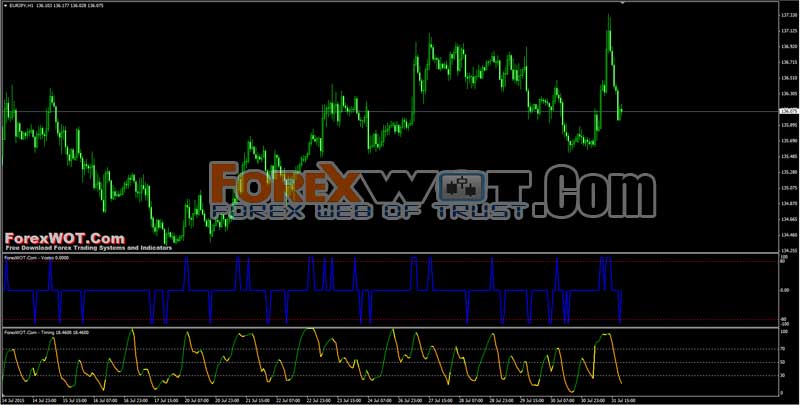Trading indicators can be useful tools for traders, however their effectiveness depends on a number of elements, including the market conditions, the trader's talent and expertise, and the way nicely the indications are used along side different types of evaluation and danger management. Here are some key issues relating to using indicators in buying and selling:
Support for Decision-Making: Indicators provide merchants with information and alerts that can support decision-making. https://www.forexcracked.com/forex-indicator/ might help establish potential entry and exit points, trend path, and overbought or oversold situations.
Not Foolproof: No trading indicator is foolproof or guaranteed to generate worthwhile trades. Market circumstances can change quickly, and indicators could present false alerts or lag behind price movements.
Use in Conjunction with Other Tools: Successful traders usually use indicators as a part of a broader buying and selling strategy that includes other forms of evaluation, similar to fundamental evaluation, sentiment evaluation, and price action evaluation. Indicators ought to complement, not exchange, these other tools.
Customization: Traders might have to customise indicator parameters to better align with their particular trading strategies and the belongings they commerce. What works for one trader may not work for one more.
Time Frame Considerations: The effectiveness of an indicator might range depending on the timeframe of the chart being analyzed. Some indicators work better on shorter time frames, whereas others are more suitable for longer-term analysis.
Risk Management: Risk management is essential in buying and selling. Traders should use stop-loss orders, take-profit orders, and correct place sizing to limit potential losses and protect their capital.
Experience and Skill: Novice merchants might battle to interpret indicator indicators effectively. Experience and talent in trading are important for utilizing indicators to their full potential.
Market Conditions: The effectiveness of indicators can differ depending on market situations. They may work properly in trending markets however much less successfully in range-bound or uneven markets.

Continuous Learning: The buying and selling surroundings is dynamic, and traders should repeatedly learn and adapt their strategies. What works right now may not work tomorrow, and merchants should be open to adjusting their strategy.
Backtesting: Traders typically backtest their strategies utilizing historic data to evaluate how indicators would have performed up to now. However, past performance is not indicative of future outcomes.
Psychological Factors: Emotional discipline and psychological elements play a big function in trading success. Traders should remain disciplined and keep away from making impulsive choices primarily based solely on indicator signals.
In conclusion, buying and selling indicators may be useful instruments for traders when used thoughtfully and at the facet of different types of analysis and threat administration. However, they are not a assure of success and shouldn't be relied upon exclusively. Effective trading requires a mixture of skills, expertise, continuous studying, and a well-structured trading plan that incorporates a number of instruments and techniques..
